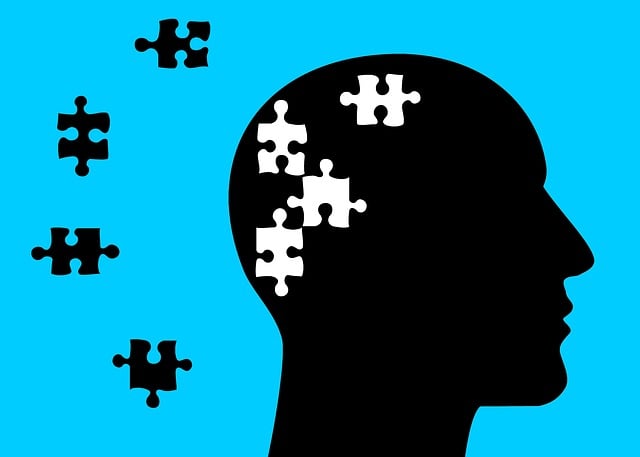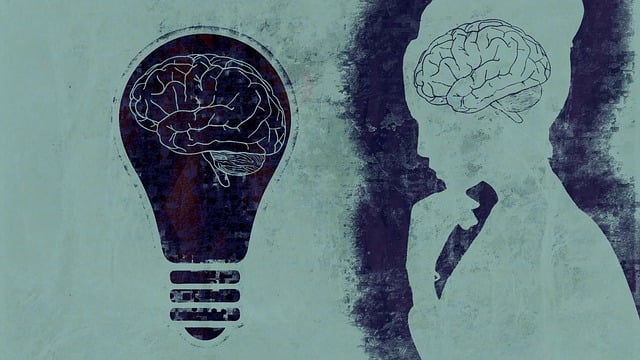Louisville Relationship Issues Therapy (LRIT) emphasizes cultural competency as key to delivering quality healthcare, improving patient outcomes, and strengthening community bonds in a diverse society. Through training and initiatives like Mental Wellness Journaling Exercise Guidance, LRIT therapists learn to tailor care for unique ethnic, racial, and socioeconomic backgrounds, overcoming cultural barriers and fostering inclusive environments. Effective cultural competency training should incorporate localized frameworks, adapt traditional therapy approaches, promote open dialogue, and integrate mental health awareness resources for better patient outcomes and satisfaction. Long-term success requires setting clear, measurable goals aligned with best practices, such as LRIT, and integrating Mental Health Policy Analysis and Advocacy to support diverse patient needs.
In today’s diverse healthcare landscape, cultural competency is not just a preference but an imperative. For practices like Louisville Relationship Issues Therapy, understanding and bridging cultural gaps can significantly enhance patient care. This article explores the essence of cultural competency training for healthcare providers, delving into its impact on patient-provider relationships in Louisville. We discuss effective training program design, implementation strategies, and measurement techniques to ensure long-term success.
- Understanding Cultural Competency in Healthcare: Why It Matters for Louisville Relationship Issues Therapy
- Designing Effective Training Programs: Key Components and Strategies
- Implementing and Measuring Change: Ensuring Long-term Success in Cultural Competency Training
Understanding Cultural Competency in Healthcare: Why It Matters for Louisville Relationship Issues Therapy

Cultural competency is an essential aspect of healthcare delivery that Louisville Relationship Issues Therapy (LRIT) recognizes as vital to improving patient outcomes and fostering stronger connections within diverse communities. In today’s increasingly multicultural society, healthcare providers must navigate complex social landscapes to offer effective, empathetic care. LRIT emphasizes the significance of cultural sensitivity in mental healthcare practice, ensuring therapists understand the unique needs and challenges faced by their clients from various ethnic, racial, and socioeconomic backgrounds.
By incorporating burnout prevention strategies for healthcare providers, such as Mental Wellness Journaling Exercise Guidance, LRIT aims to enhance professionals’ resilience and reduce risks associated with cultural barriers. This proactive approach not only benefits the providers but also strengthens the therapeutic relationship between patients and therapists. Effective cultural competency training equips healthcare workers with the skills to recognize and appreciate differences, adapt their practices accordingly, and create inclusive environments that promote healing and positive mental health outcomes for Louisville Relationship Issues Therapy clients.
Designing Effective Training Programs: Key Components and Strategies

Effective cultural competency training programs for healthcare providers should incorporate several key components and strategies to ensure maximum impact. First, Louisville Relationship Issues Therapy can serve as a framework to explore diverse cultural perspectives and challenges within a local context. This involves adapting traditional therapy approaches to accommodate different cultural norms and beliefs, fostering more inclusive and sensitive practices.
Additionally, integrating Stress Management techniques and Mind Over Matter Principles can empower healthcare providers to navigate complex cultural interactions with resilience and clarity. Promoting open dialogue, encouraging active listening, and sharing Mental Health Awareness resources are also vital strategies. These approaches not only enhance the provider’s ability to connect with diverse patients but also contribute to improving overall patient outcomes and satisfaction.
Implementing and Measuring Change: Ensuring Long-term Success in Cultural Competency Training

Implementing and measuring change is a critical aspect of ensuring long-term success in cultural competency training for healthcare providers. It’s not enough to simply introduce new strategies; their effectiveness must be diligently evaluated. By setting clear, measurable goals aligned with Louisville Relationship Issues Therapy best practices, organizations can track progress and identify areas needing improvement. This ongoing assessment enables them to adapt programs as needed, ensuring that the training remains relevant and impactful over time.
The integration of Mental Health Policy Analysis and Advocacy into this process is vital. Policies and regulations play a significant role in shaping cultural competency within healthcare systems. By advocating for inclusive practices and policies that support diverse patient needs, including mindfulness meditation techniques often featured in mental wellness podcast series production, organizations can foster an environment where cultural competence becomes not just an add-on but a fundamental aspect of care delivery. This holistic approach ultimately contributes to improved patient outcomes and stronger communities.
Cultural competency training is a vital tool for healthcare providers, especially in diverse communities like Louisville. By understanding and addressing relationship issues through a cultural lens, such training empowers therapists to offer more effective care. Implementing well-designed programs, as outlined in this article, can lead to significant improvements in patient outcomes. Continuous evaluation and adaptation are key to ensuring long-term success in enhancing cultural competency within the healthcare sector, particularly in Louisville Relationship Issues Therapy.














